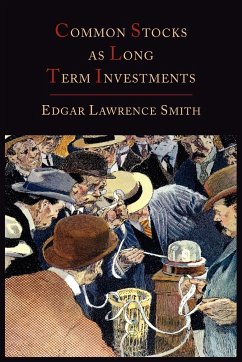2011 Reprint of 1947 edition. Full facsimile of the original edition, not reproduced with Optical Recognition Software. In 1947 Edward R. Dewey and Edwin F. Dakin published their book Cycles: The Science of Prediction which argued the United States economy was driven by four cycles of different length. Dewey devoted his life to the study of cycles, claiming that "everything that has been studied has been found to have cycles present." He carried out extensive studies of cyclicity in economic, geological, biological, sociology, physical sciences and other disciplines. As a result of his research, Dewey asserted that seemingly unrelated time series often had similar cycles periods present and that when they did the phase of these cycles was mostly very similar (cycle synchrony). He also said that there were many cycles with periods that were related by powers or products of 2 and 3. Dewey understood his cycle theory to be capable of understanding what the market is going to do and of predicting what may come.
Hinweis: Dieser Artikel kann nur an eine deutsche Lieferadresse ausgeliefert werden.
Hinweis: Dieser Artikel kann nur an eine deutsche Lieferadresse ausgeliefert werden.








